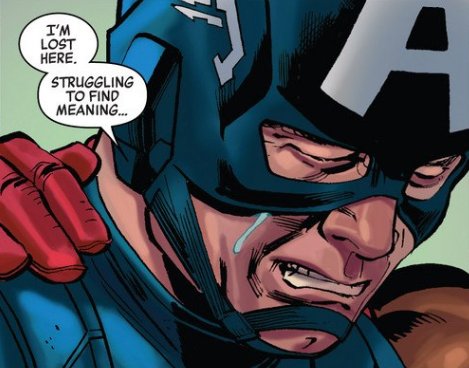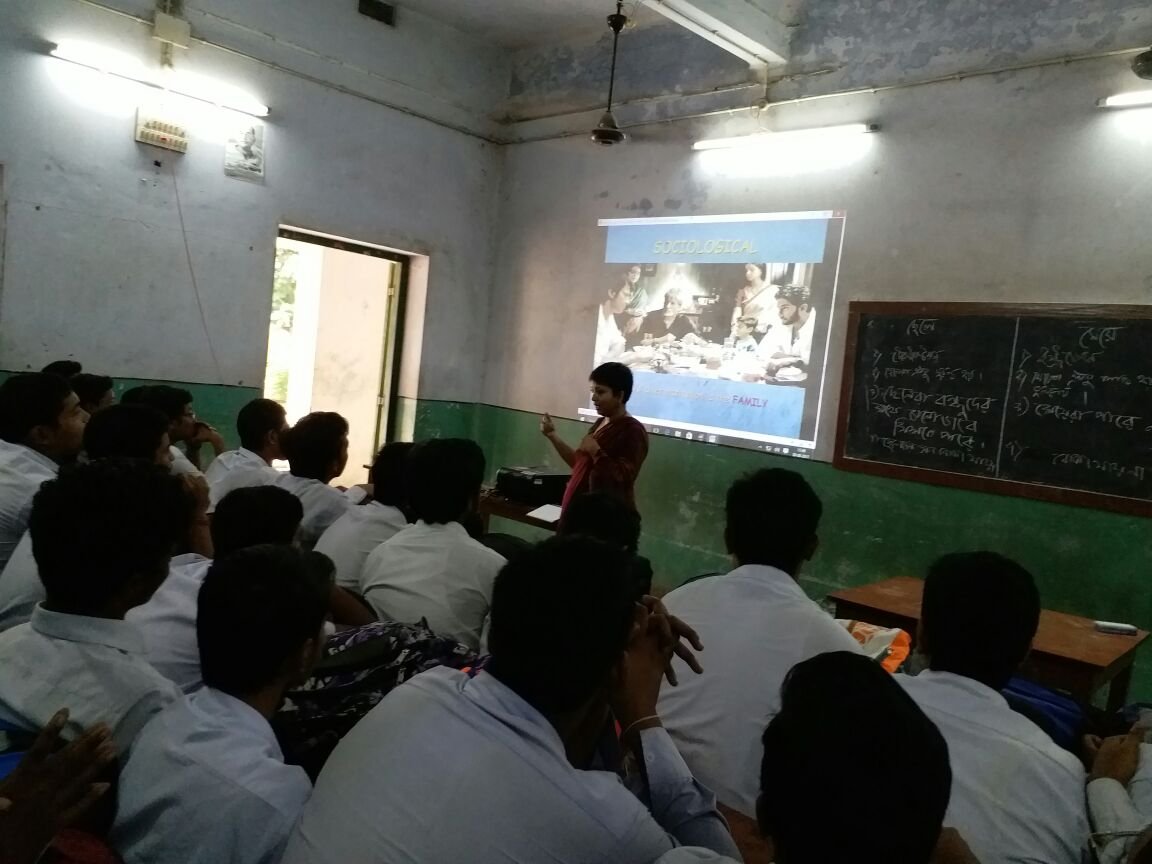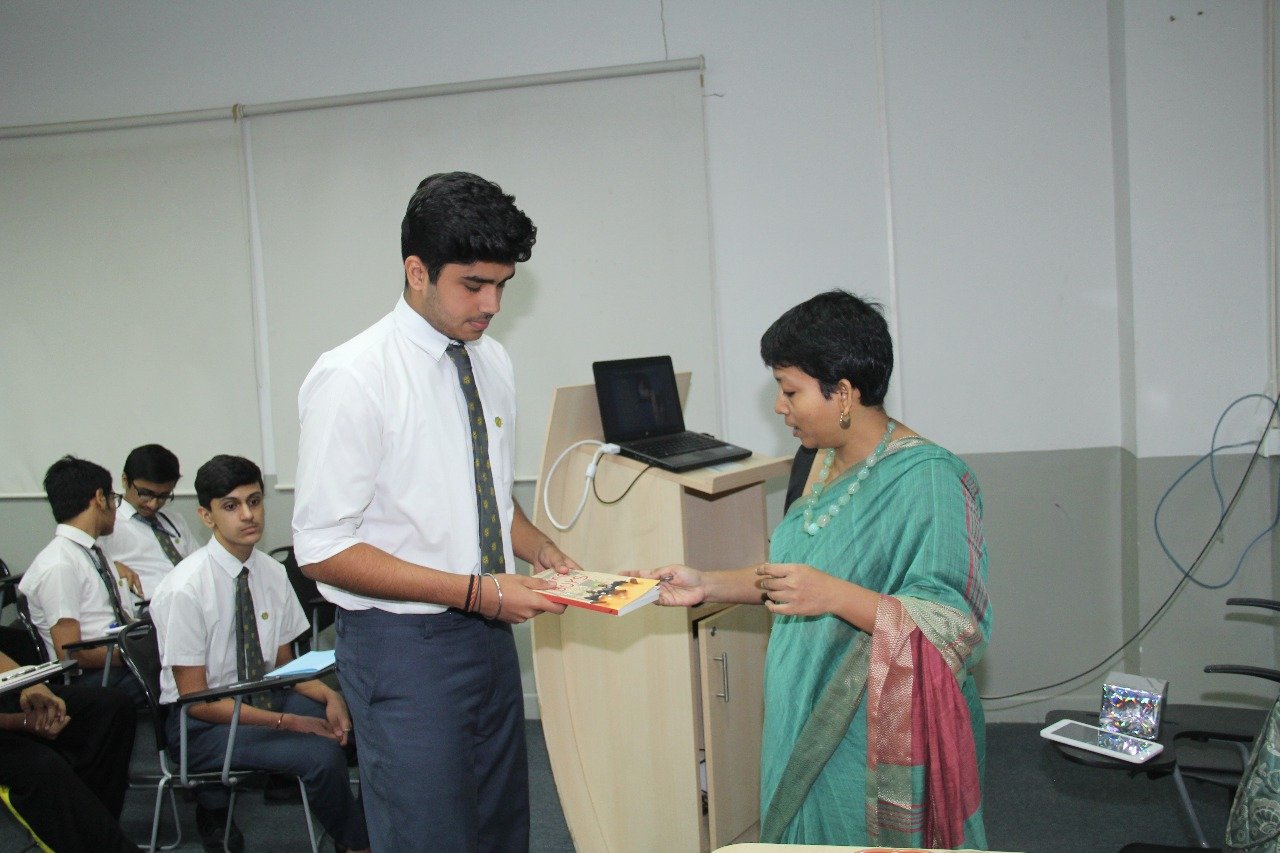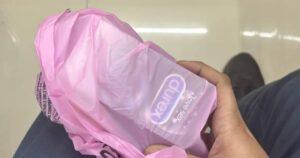Violence against women is a topic that has been debated multiple times but the correct way to address the issue has also been a topic of deliberation. Now, an initiative by Kolkata Police called Dear Boys is aimed at beginning a discussion with the boys from a young age about crimes against women.
Armed with presentations that show superheroes crying, author and journalist Swati Sengupta – who spearheaded the project – believes she can bring about a change in the way boys think.

“One of the points raised by the boys is the bias against them. Boys can’t cry, seats in public transport are reserved for women – these are all different kinds of bias against men. Then I immediately have to tell them that while this is true when we talk about the violence, the number of women who suffer is far more than the men, and you simply cannot compare,” Sengupta told ScoopWhoop News.

According to the initial reports of National Crime Record Bureau, West Bengal ranks third in the list of domestic violence incidents reported in 2016. The report recorded over 34,205 cases of crime against women, of which 20,265 cases were of domestic violence. Thus, the need to deliberate about violence against women is of paramount importance.
There have been four sessions so far and Sengupta also holds the attention of the students through movie clips, where women in a household are seen eating meals after the men. “It’s through these movie clips and images of superheroes crying that the students are more intrigued about the various gender stereotypes. The idea is to address and eventually bring about a change in the preconceived notions such as women are supposed to be demure, shy and lacking interest in sports and that boys are supposed to be naturally aggressive, not supposed to display emotions and always be ‘manly’,” she tells us.
From the difference in the toys to the kind of clothes or the lifestyle choices of both men and women, there are several preset choices that society lays down. Sengupta, through her sessions, makes the students aware that a section of societal norms is inherently biased, which also impacts children’s perceptions.
Girls are also a part of the sessions because Sengupta believes they it is equally important for them to participate in the dialogue. “Some girls raise concerns that very often the problem starts at home where children see the female family members being treated badly. I tried to address, explaining how it’s wrong to look down on women and that they deserve the same rights as men,” she told ScoopWhoop News.
About 20 schools in Kolkata – English and Bengali medium – are currently part of the campaign. Sengupta says that Hindi-medium schools will also soon be brought into the fold.
Collaborating with Sengupta, Kolkata Police is also instrumental in spreading awareness. HK Kusumakar, additional commissioner of Kolkata police, said, “We realised that the society only focuses on instructing women, asking them to wear appropriate clothes and not venture out late at night or alone. But there is no such directive for the boys. We launched the initiative keeping this in mind.”

It’s not all talk in these sessions as Sengupta gifts a book to one student with the most interesting questions. “I have decided to give them books about gender issues. They would be able to read them and have a better understanding of the problems that exist in our society,” she said.
The whole idea to start talking to the boys is not new though. In October 2014, Vogue India had released a video, titled #StartWithTheBoys under their Vogue Empower series. This highlighted the problem that people around men put a lot of pressure on them to behave a certain way.
All images sourced from Kolkata Police

















